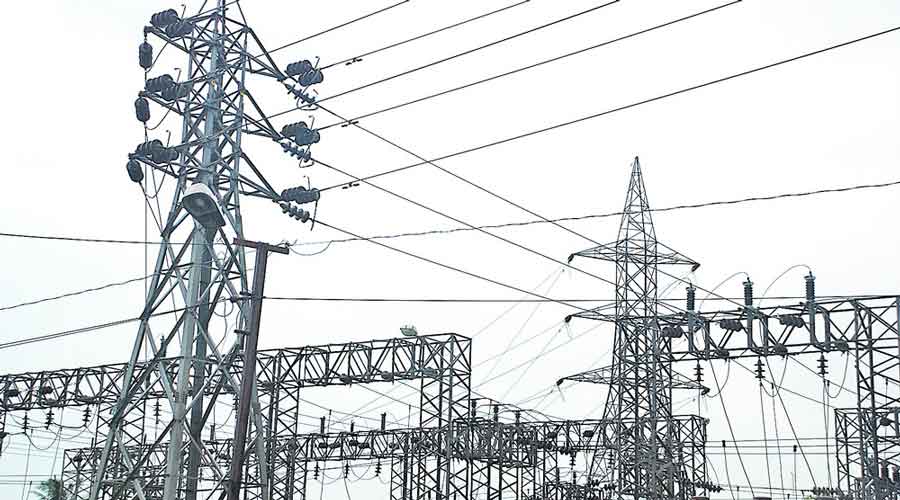Indian Energy Exchange (IEX) soared 20 per cent to a record high on Tuesday, after the energy trading platform said it would consider a bonus issue of shares, adding to nearly 24 per cent of gains so far this month as demand for electricity ramps up.
Increased economic activity after the second wave of the coronavirus has resulted in a shortage in coal supply and driven up electricity demand, proving a boon for New Delhi-based IEX which controls 95 per cent of the power exchange market.
IEX’s plan to issue bonus shares, which will be considered at an October 21 board meeting along with its quarterly earnings, comes on the heels of a 72 per cent surge in its shares in the three months ended September 30, significantly outperforming a 16 per cent rise in the S&P BSE Power Index.
“Over the next decade, with India increasingly looking at EVs (electric vehicles) and big companies like Tata Power focusing in that area, the demand for energy is going to rise, and IEX is rightly placed for this kind of outlook,” said Gaurav Garg, head of research at CapitalVia Global Research.
Shares of Tata Power have risen 62 per cent this month as of last close.
In its latest monthly update, IEX, which is used by power producers, distributors and corporates to buy and sell electricity, said electricity volume traded in October was 59 per cent higher than a year ago.
A top court move earlier this month, which allows electricity to be traded as other commodities with forward contracts and derivatives on exchanges, would help boost volumes at power exchanges like IEX, ICICI Direct Research in a note.
Power for aluminium
India’s aluminium producers are drawing expensive power from the national grid and adding to pressure on utilities with low coal stock, the Aluminium Association of India (AAI) told Reuters on Tuesday as state-run Coal India has curbed supplies.
A crippling shortage across the country has pushed state-run Coal India to impose temporary supply curbs to non-power consumers, including the energy-intensive aluminium industry, pushing producers to draw electricity from the grid.
Indian aluminium producers such as Hindalco Industries Ltd and Vedanta Ltd largely use power generated from the so-called captive utilities — which are not connected to the national grid — where the companies generate electricity for self-use.










